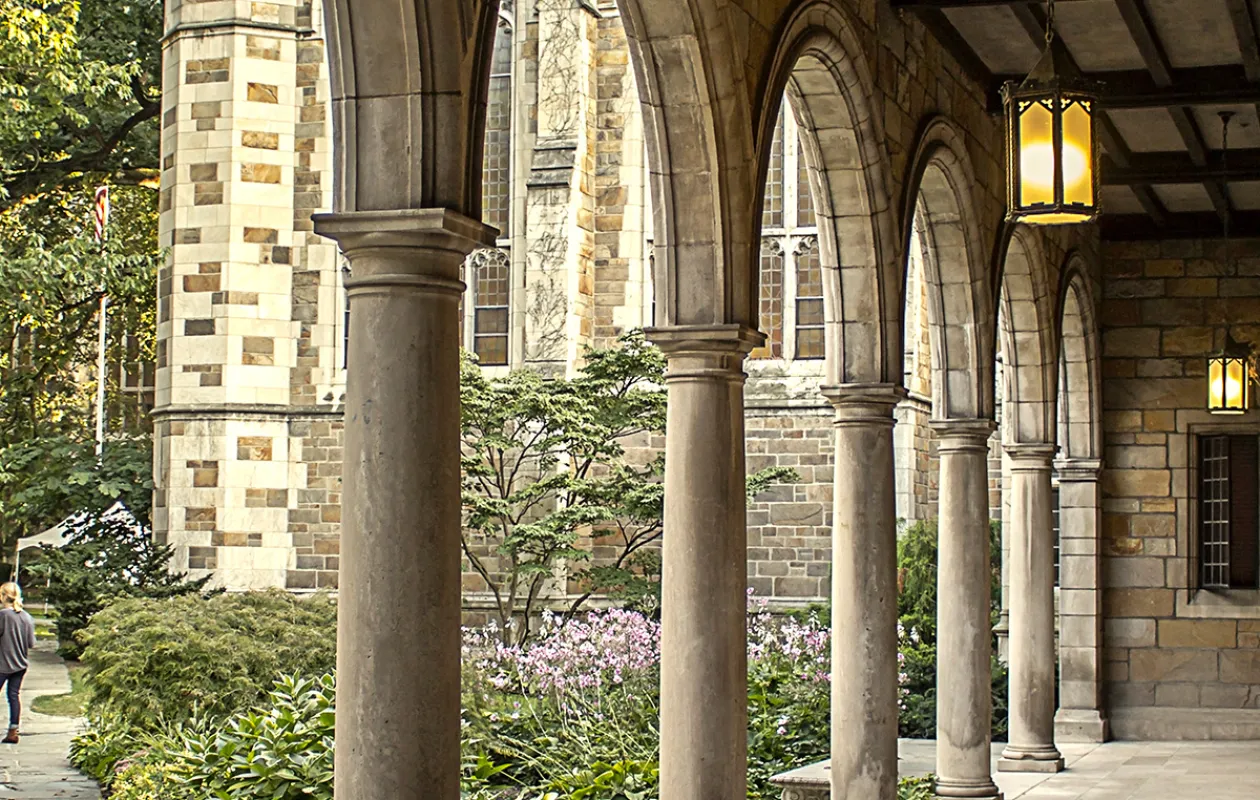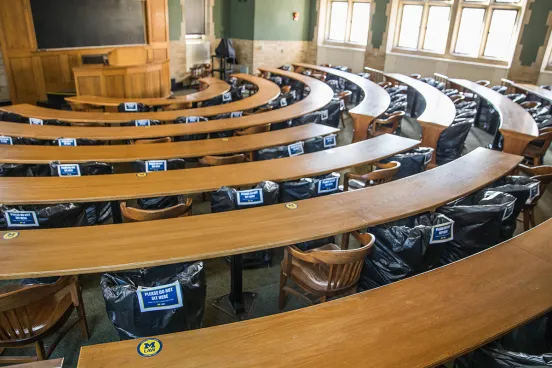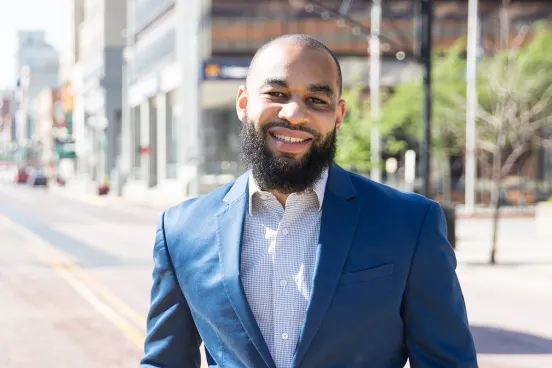
As public interest in consumer genomics has exploded in recent years, Carla Newell, ’85, found herself at the center of the industry’s boom as the chief legal officer and chief risk officer at Ancestry, a leading family history and consumer genomics company.
“I became interested in corporate law when I was at Michigan, and I was fortunate enough to start my career in Silicon Valley in the mid ’80s, which was an amazing time to be a young lawyer in the technology space,” says Newell.
“There were only a small number of law firms in Palo Alto at the time, all of which directly worked with the technology industry, and one of them came to on-campus interviews. I gave the recruiter my resume, and as they say, the rest is history.”
In the mid-1990s, she left Gray Cary Ware & Friedenrich to help launch Gunderson Dettmer, a technology-focused law firm, before joining a late-stage technology venture capital firm, Technology Crossover Ventures. “I came in as a general partner and joined to help them build out their deal execution and legal compliance function, as well as joining a number of portfolio company boards,” she says.
Adding to her experience in law firms and venture capital, Newell took on a senior operating role at Ancestry in 2016, where she currently leads a team of 28 across California, Utah, Ireland, and the United Kingdom.
“I had the opportunity to come in and build a top-notch team that specializes in a variety of areas, including privacy, security, regulatory, marketing, licensing, employment, and patent law, which is something I’m very proud of,” she says. Newell also heads Ancestry’s government affairs division, interacting with federal and state lawmakers on a variety of topics.
Ancestry has been a popular service used by amateur genealogists for decades but has seen even more growth due to its expansion into DNA testing related to ethnicity, origins, and, most recently, health. “Figuring out how to combine the family history research with the growing DNA business was one of the more interesting challenges that we were facing when I was brought on board,” says Newell.
Given the increased public interest in the role of genetics in health, Ancestry has started to give customers a snapshot of their genetic predispositions for a select set of health conditions, including heart disease and certain cancers. “We are looking at advancing technologies into the consumer space at a scale that has never been done before—it’s all really cutting edge and what drew me into the company from the beginning,” says Newell.
When Ancestry customers submit their sample for DNA testing, they can indicate whether they consent to have their genetic data used for research. This has been useful in a variety of contexts, but especially during the COVID-19 outbreak. The company is collecting survey data on individuals in their database, with more than 600,000 participants to date.
“Since we do have the biggest commercial DNA database in the world, we hope to match the survey answers provided on COVID-19 exposure and diagnosis to the participants’ DNA and see whether there are genetic markers that suggest that people are more or less at risk, which is pretty exciting,” Newell says.
She adds that the company is making this data available to researchers at no cost, in the hopes that it will contribute to the development of a vaccine or therapeutic. “We think it’s really important for us, as stewards of this incredibly valuable DNA database, to use it for good.”
Although based across the country, Newell has retained strong connections to the Law School.
She participated in the inaugural Problem Solving Initiative course—a multidisciplinary program between Michigan Law and other U-M graduate programs—by lending her expertise on data privacy as it relates to autonomous vehicles. She also serves on the Development and Alumni Relations Committee and the Distinguished Alumni Award Review Committee, and has established the Newell Family Scholarship Fund to support current Michigan Law students.







